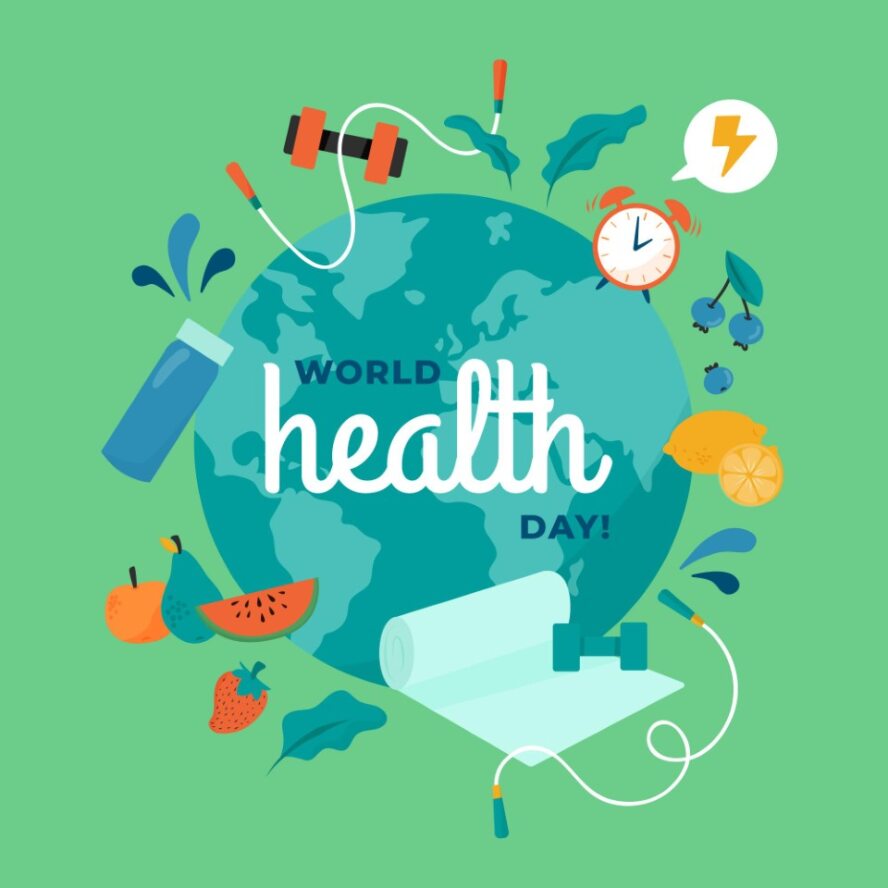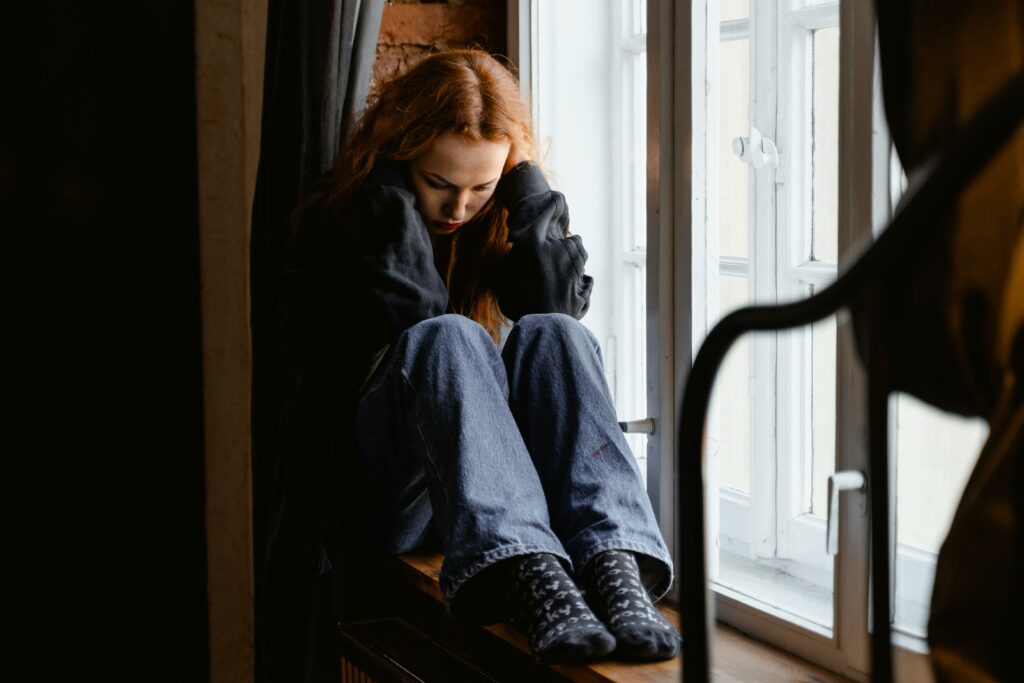07 April 2024

Today is World Health Day. This year’s theme, “My health, my right”, highlights the persistent inequalities in health. Major challenges such as disease and disasters take their heavy toll, affecting billions of people around the world.
Across the globe, the right to health for millions of people is increasingly precarious. The latest figures highlight the alarming fact that at least 4.5 billion people, more than half the world’s population, do not have full coverage of essential health services*.
A number of Red Cross services are working on the ground to improve access to healthcare for the population, through initiatives such as the Help network and its offer of quality home care, the Colpach Castle Rehabilitation Centre for physical recovery, and blood donation campaigns. Other services also work to help young people and people in difficult circumstances, such as HIV Berodung and the Solidarity Fund.
The Red Cross works to improve health care access and focuses on mental health. Challenges such as poverty, violence, disability and inequality increase the risk of mental disorders, despite the general resilience of individuals.
An international study conducted by HBSC for the WHO in 2021/2022 explored the mental health of adolescents in Europe, Central Asia and Canada, with a special focus on the impact of the COVID-19 pandemic. In Luxembourg, 28% of adolescent girls said they felt lonely, compared with 14% of boys. They also expressed a slightly lower level of daily satisfaction, rated at 6.8 compared with 7.4 for boys. Finally, boys have a higher level of well-being, with a score of 60 compared with 48 for girls.


These figures highlight the vulnerable state of adolescent girls’ mental health, with girls reporting lower levels than boys on all indicators, a disparity that increases with age. This gender imbalance could result from higher levels of perceived stress in girls than in boys, or from differences in the ways in which the two sexes express their emotions, with girls potentially being more inclined to do so. On the other hand, this could also be influenced by the traditional division of family responsibilities, particularly with regard to education and domestic chores.
The additional difficulties caused by the COVID-19 pandemic, climate change and the rising cost of living are probably aggravating factors for adolescents’ mental health. These findings are essential for guiding prevention and intervention initiatives to improve care for teenagers, with major thrusts such as combating isolation, facilitating access to housing to support independent living, and providing food aid where necessary.
That’s why services like Psy-Up and PsyJeunes are vital in the field. They provide psychological support for children, teenagers and young adults (aged 0-27), promoting their long-term psychological well-being. These services create a safe space where young people can express their emotions and regain emotional balance in their daily lives.
*WHO figures 2021